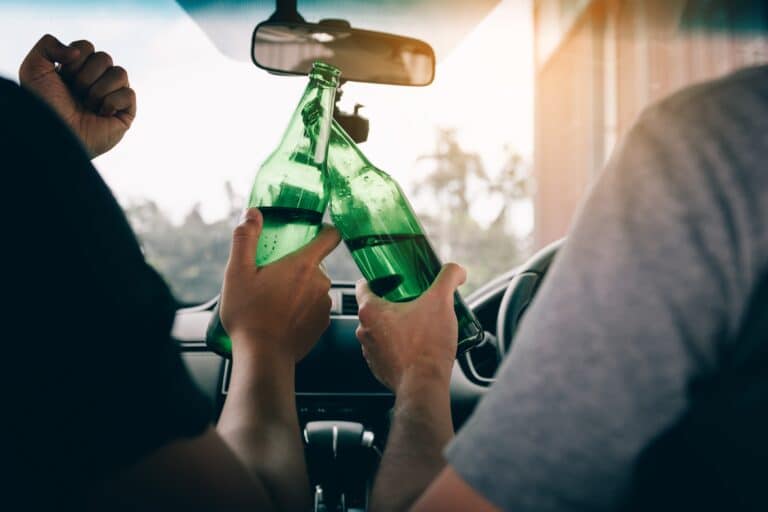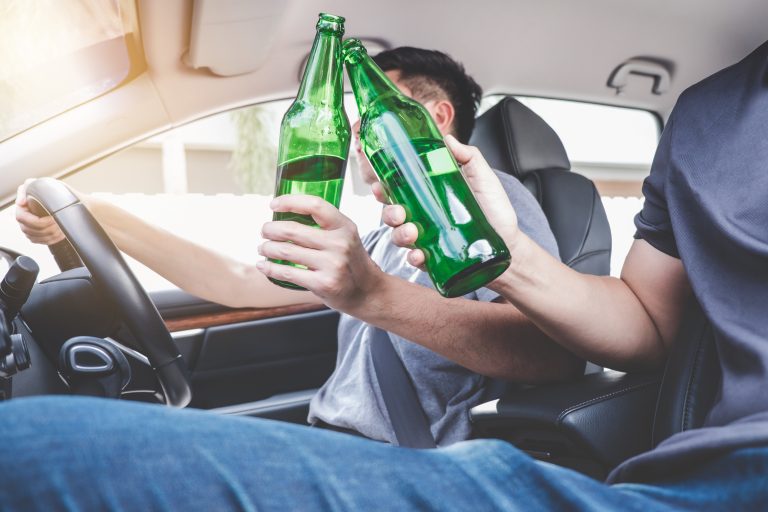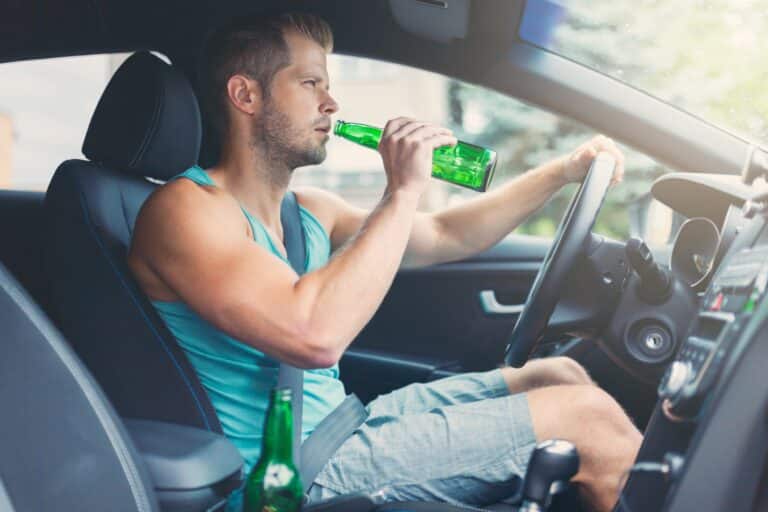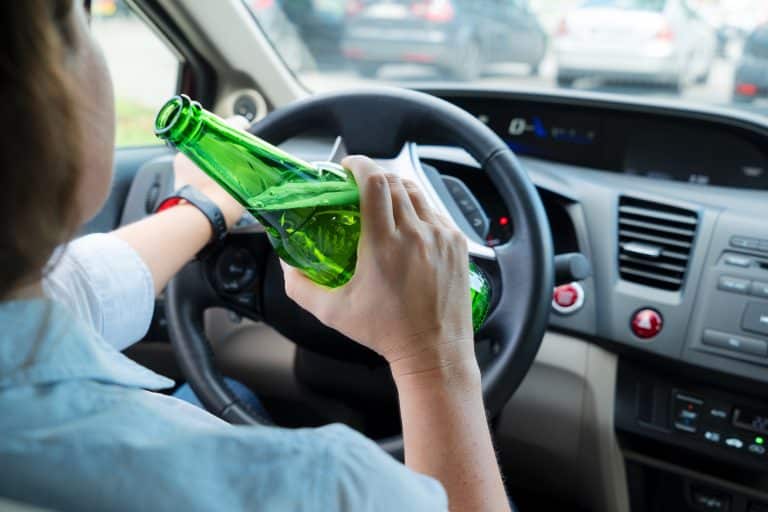
What Happens After a Drunk Driving Accident? A Simple Guide for Victims in Connecticut – Guest Post
Accidents are scary. But when someone is hit by a drunk driver, it feels worse. It doesn’t just bring damage and pain. It brings confusion too. Most people don’t know what happens next. They feel lost. If you or someone close to you has gone through this, it’s important to




Recent Comments